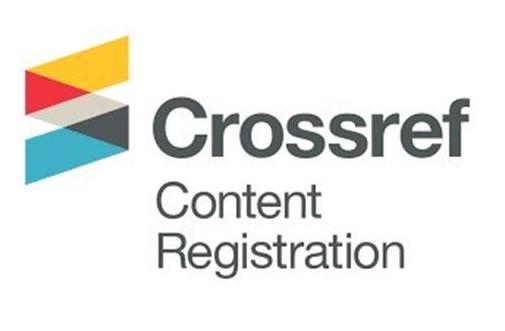Reflection on the challenges and consequences of the international english usage
DOI:
https://doi.org/10.34626/esc.vi41.290Keywords:
international English, lingua franca, ideologies, educationAbstract
The official introduction of English in higher education curricula in France has generated a heated debate. The present contribution aims to reflect on the purpose and the consequence of the
promotion of English as the dominant international language in European societies. It is legitimate to see that the use of English as a lingua franca is not simply based on practical considerations and goes beyond the mere linguistic issue. The introduction of English as the European lingua franca in the EU institutions and in transnational business entities reveals the existence of a mixture of ideological arguments, power struggles and changes in social interactions. It is on such half-truths and biased perspectives that the use of English and the manner in which it is taught in many European education systems appear to serve the interests of international business: educating consumers as opposed to citizens is what lies at the heart of the hidden agenda that is currently followed.
Downloads
Downloads
Published
How to Cite
Issue
Section
License

This work is licensed under a Creative Commons Attribution-NonCommercial-ShareAlike 4.0 International License.
Authors retain copyright, without restrictions, in their articles and grant the journal right of first publication with the work simultaneously licensed under Creative Commons Attribution ShareAlike Licence 4.0 International (CC BY-NC-SA). Readers are free to copy, display, distribute, and adapt an article, as long as the work is attributed to the author(s) and ESC, the changes are identified, and the same license applies to the derivative work. Only non-commercial uses of the work are permitted.








